Watch: Cork garda joins 10 women to sing 'I’m still standing' to mark breast cancer fundraiser
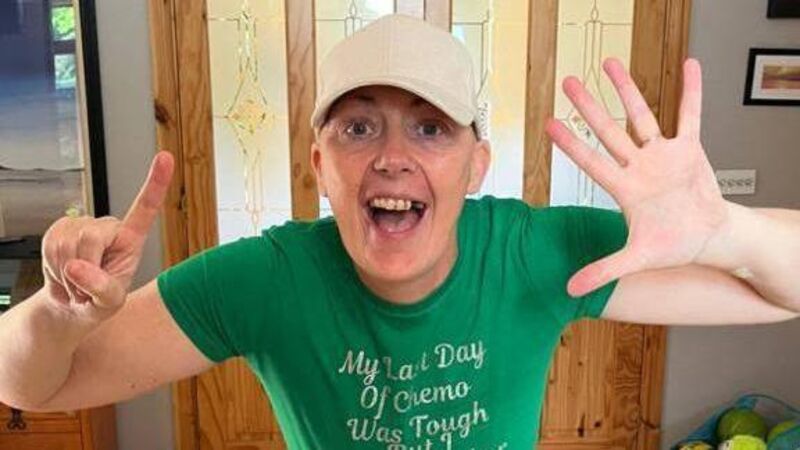
Mary Gardiner, from the Glen, now living in Tralee.
WHEN a Cork garda felt something in her upper chest after playing a basketball game, she assumed she’d just taken a knock during the game.
“I was always getting belts and bangs and I thought I’d just hurt my elbow,” recalls mum-of-three Mary Gardiner, from the Glen, who lived in Bishopstown.
“But my 18-year-old daughter who played on the same team as me, Tralee Tigers, said she didn’t notice me getting one, and then my husband Tom really got on my case, plagued me in fact, to get myself checked out, and if he hadn’t I really don’t think I’d be here today,” she said.
This was January, 2022, and Mary, then aged 45, said she felt as healthy as a horse, and led a busy and active life, working full-time as a community garda in Tralee.
“This was during Covid and it was hard enough to get an appointment but I was lucky enough to get a cancellation and saw my GP three days later,” she remembers.
Her GP referred her to Cork University Hospital where she met Professor Paul Redmond.
“On January 4, I had a mammogram, ultrasound and biopsy, all in the one day, and I was starting to get a little feeling that all might not be right.
I was sent home, which was almost the hardest part of it all as my head was racing, and on the 13th I got the dreaded call to come back. I knew what was coming and on the 14th I got my diagnosis.
TREATMENT BEGAN
Mary, born in the Glen and who later lived in Bishopstown was told she had an invasive type of breast cancer.
“I was told I had a 7.5cm tumour and that it was very aggressive and was spreading fast.
“And my reply was ‘Well, what are we going to do about it?’” Her treatment started on February 11 and she admits the waiting was tough: “It was hard not to worry that the cancer was spreading.”
Mary developed mouth infections after a few chemo cycles and was hospitalised on several occasions for dehydration.
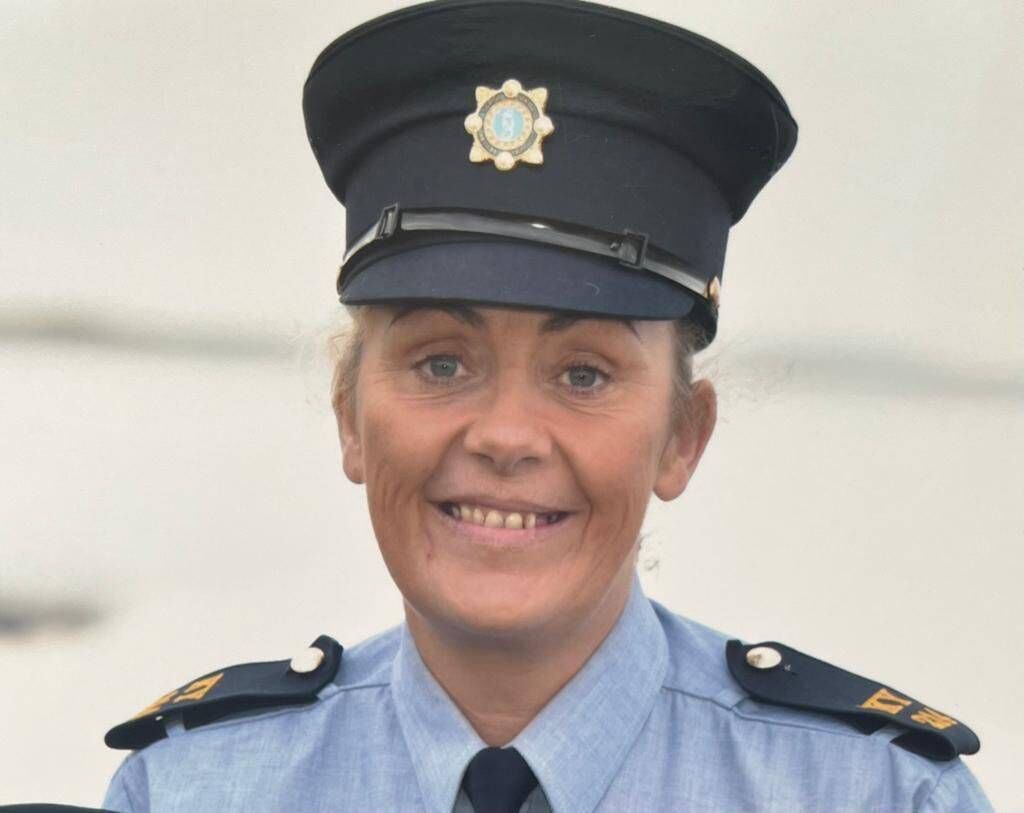
The treatment, she said, was a bit like Russian Roulette.
“You never knew until you woke up how you’d feel on a particular day. Some days you’d feel relatively OK, and others you’d be upside down. Normal life just disappeared but I was stubborn and I never let it get the better of me. I was resilient.
“I remember Prof Redmond said that if I gave him a year of my life, he’d give me back 30 years, so I was prepared for that.”
THE DIFFICULT PART
What Mary wasn’t prepared for was having to tell her children, Aoife, 18, doing her Leaving Cert this year, Jamie, 25, a biochemist in CUH, and Oisin, 6, at the outset of her illness.
“That was nearly the hardest part of it all. I remember the worried look on Aoife’s face – you’re supposed to be worrying about them.
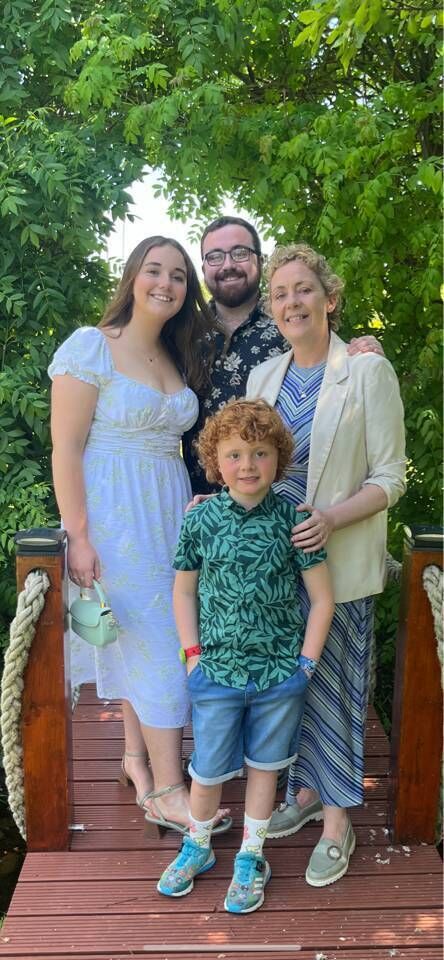
“Then, after the first chemo treatment I lost my hair, which was hard to explain to Oisin, who was only five at the time, but I never hid anything from them.”
FUNDRAISING BEGAN
Mary finished her chemotherapy last June and two days later she took part in the ‘100K in 30 Days’ fundraiser for the Marie Keating Foundation to support their vital breast cancer services.
Two days after I signed up, people had donated €4,500 and by the time I’d finished, I’d raised €40,000. The day after I finished, I went to Cork for my mastectomy, I was exhausted and needed the rest!
She had radiation throughout September and October and was on immunotherapy treatment until February.
“It was a full year of treatment, but thank god, everything is now as it should be,” she said.
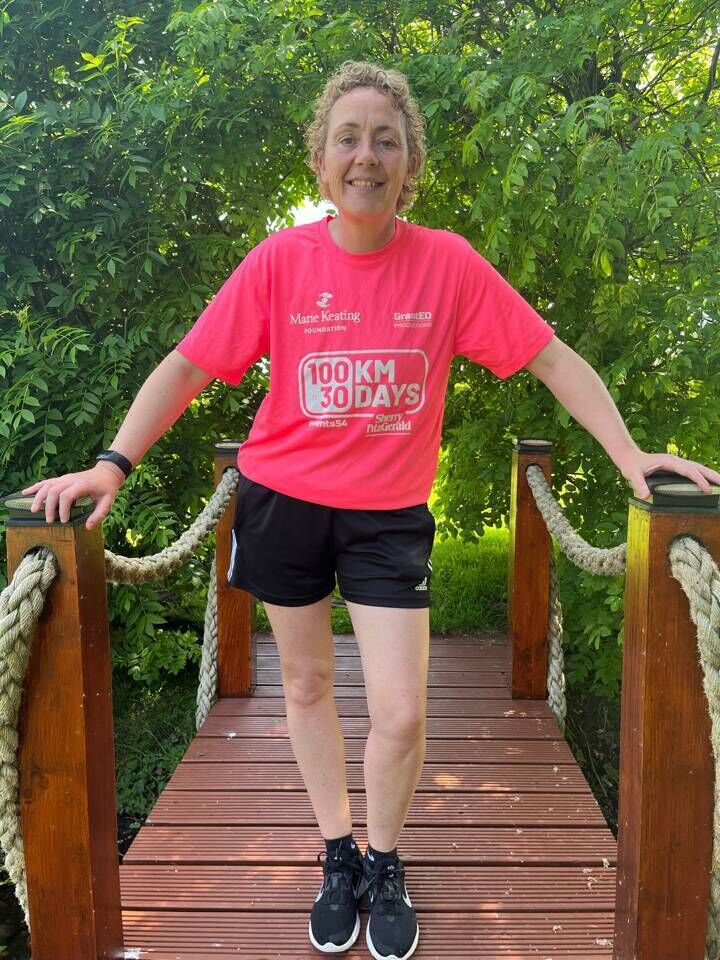
A WORTHY CAUSE
Mary is embarking on 100K in 30 Days again this June and said she’d love everyone to join her to create as much awareness as possible for breast cancer and also raise funds for a very worthy cause.
2023 is the fourth year of the event and to date over €4 million has been raised for breast cancer services in Ireland, including the state-of-the-art Clinical Trial Centre in the new Breast Centre at Beaumont Hospital.
Mary has also created a music video inspired by Elton John to coincide with the fundraiser. See
“When I was diagnosed, I played Elton John’s song I’m Still Standing to my children. I said that it was going to be my come- back song. I’ve listened to it for the last year and a half as the song has real meaning. I can really relate to the lyrics,” she said.
“I did the Jerusalem video with An Garda Siochana and thought another video would be a bit of fun. If it brings a smile to people’s faces, I’m happy.
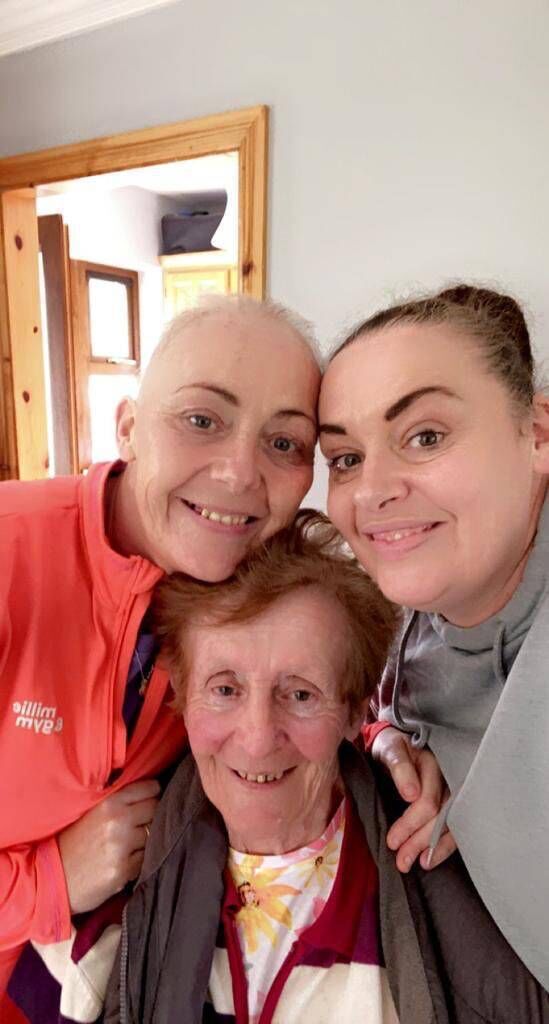
“I have 10 brilliant women in the video with me who either all had breast cancer or are going through treatment at the minute. I met some of them through our chemotherapy sessions and kept in touch. When I asked them to take part in the video, they were just thrilled,” she said.
One of the women in the video (available on YouTube) is Stephanie Blake, a mother of three boys, who had a mammogram after Mary’s diagnosis.
Self-checking is so important and I always say that if in doubt, check it out. If I’d ignored what I found, I wouldn’t be here today. The earlier cancer is caught, the better the outcome.
LOOKING TO THE FUTURE
Mary said she’s a changed person now.
“Physically, I’m not the same; chemo kills every cell in your body so there’s a lot to come back from. But emotionally, it changes you for the better.
“I value things more. I’d always have been a positive person but I’m grateful for all the little things now. I don’t sweat the small things. I live for today because you don’t know what tomorrow might bring.”
Registrations are open now at www.100kin30days.ie
ABOUT THE CHARITY
It is 25 years since the Marie Keating Foundation was set up.
Following Marie’s death. her family promised that they would do everything they could to ensure men and women in every community in Ireland had access to the necessary information to prevent cancer or detect it at it’s earliest stages.
The foundation supports families across Ireland at every step of their cancer journey.
Through it’s community information service, the Foundation’s nurses have engaged with more than 600,000 people about causes and risk factors of cancer. They offer awareness and education campaigns covering the most common cancers affecting people in Ireland, including bowel, testicular, breast, cervical, lung, prostate and skin cancer.
Given the fact that there are more than 200,000 cancer survivors in Ireland today, the Foundation also supports cancer patients through its Positive Living and Survive & Thrive programmes, which are run nationwide free of charge, for men and women. Over 1,200 cancer survivors have attended courses and seminars since the programmes’ inception in 2014.
The Survive & Thrive Programme is aimed at assisting anyone who has come through treatment to adjust to their ‘new normal’ and offers practical advice and help in many areas of life, including diet and exercise, emotional support and adjusting to returning to work.
The Positive Living programme is for men and women living with advanced cancer and supports them in coping with their specific physical and psychological needs.
The Foundation’s recently launched survivorship website is www.surviveand thrive.ie
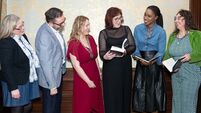


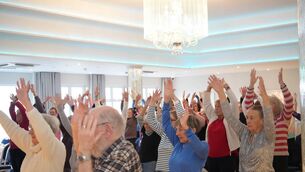



 App?
App?


